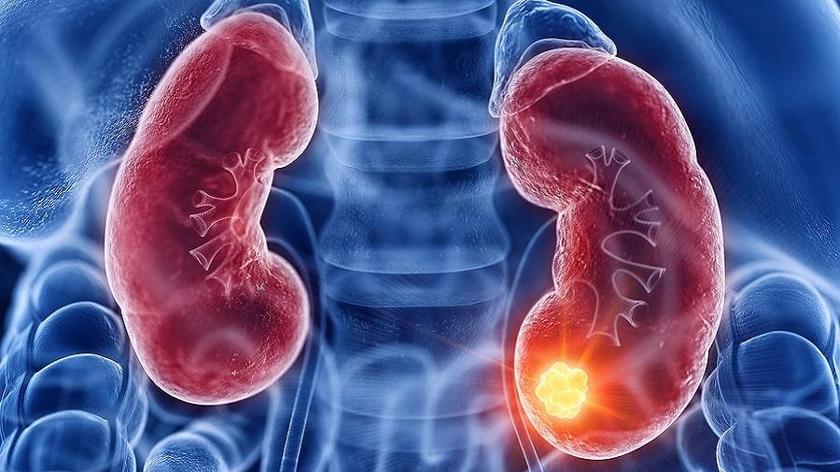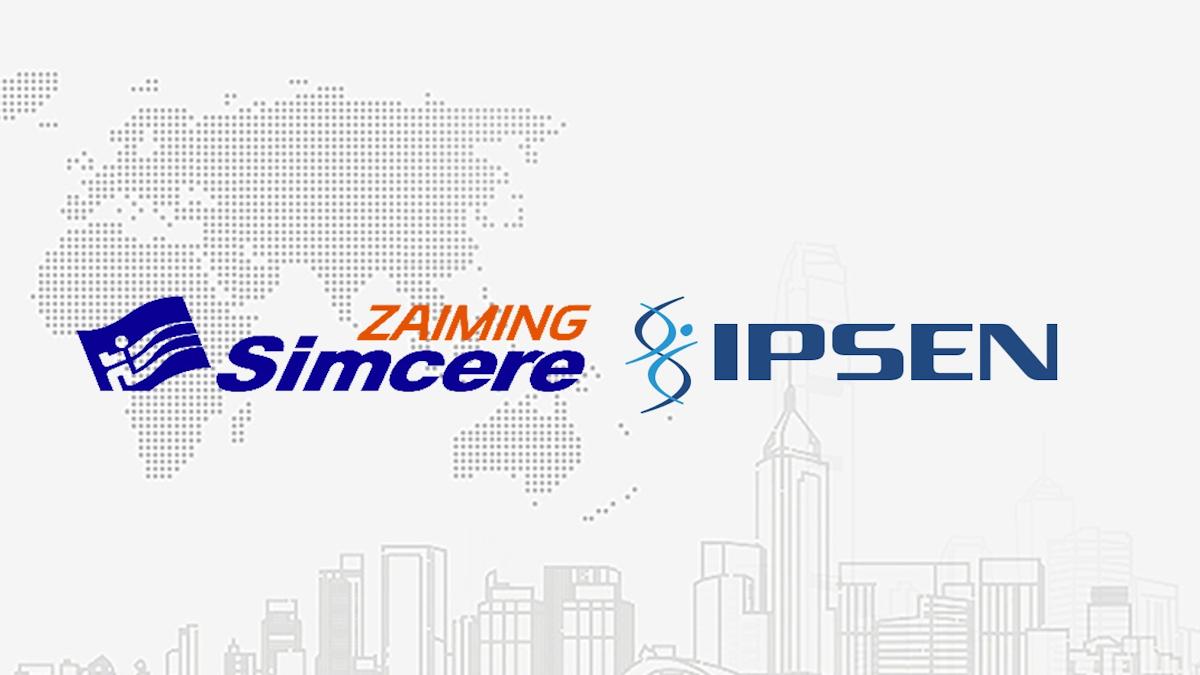Ipsen announces CheckMate 3-yr follow-up aRCC results

Ipsen has announced the three-year follow up results from its CheckMate -9ER study, showing that Cabometyx (cabozantinib) in combination with nivolumab shows durable survival benefits at over three year’s follow-up with 30% reduction in risk of death, as first-line treatment for patients living with advanced renal cell carcinoma (aRCC), regardless of IMDC risk score.
Nine in 10 kidney cancer cases are RCC, with up to 30% of patients presenting with advanced or metastatic disease at the time of diagnosis. If detected in the early stages, the five-year survival rate is high, but for people living with aRCC the survival rate is much lower, at around 12%.
The longest reported follow-up in any phase 3 trial with a tyrosine kinase inhibitor-immunotherapy (TKI-IO) regimen in the aRCC population, the results show a median overall survival (OS) that was significantly higher with Cabometyx (cabozantinib) in combination with nivolumab – referred to as CaboNivo – at 49.5 months versus 35.5 months with sunitinib. Furthermore, the median progression-free survival (PFS) almost doubled with CaboNivo at 16.6 months versus 8.4 months with sunitinib.
The overall response rate (ORR) was doubled with CaboNivo at 56% versus 28% with sunitinib and the complete response (CR) more than doubled, at 12% versus 5% with sunitinib.
CaboNivo’s safety profile remained consistent with that previously observed and results were also assessed by the International Metastatic Renal Cell Carcinoma Database Consortium (IMDC) risk scores of favourable, intermediate, intermediate/poor, and poor.
Dr Mauricio Burotto, medical director at the Bradford Hill Clinical Research Center in Santiago, Chile, said: “Despite the progress made through science and medicine, there remains a need for treatment options that can durably extend survival for patients with metastatic renal cell carcinoma, especially for those classified as higher risk.”
He continued: “With these updated results from CheckMate -9ER, we’ve now seen nivolumab in combination with cabozantinib durably extend survival and sustain response benefits compared to sunitinib for over three years, regardless of patients’ risk classification.”
Burotto explained: “These results reinforce the importance of this immunotherapy-tyrosine kinase inhibitor regimen for patients and its potential to help change survival expectations for patients with this challenging cancer.”
Dr Steven Hildemann, executive vice president, chief medical officer, head of global medical affairs and global patient safety at Ipsen, commented: “The results from the CheckMate -9ER study continue to demonstrate sustained, now three-year long-term benefits for people living with advanced renal cell carcinoma across the most meaningful efficacy measures and risk scores, adding to the body of evidence we have for Cabometyx plus nivolumab.”
The CheckMate -9ER data is to be presented at the American Society of Clinical Oncology Genitourinary Cancers Symposium (ASCO GU) this week, alongside six additional abstracts supporting the use of Carbometyx either alone or in combination with immunotherapy in advanced renal cell carcinoma.
In November 2022, Cabometyx was recommended by NICE for use in England and Wales for previously treated advanced hepatocellular carcinoma (HCC), in those adult patients who have had sorafenib as a treatment for HCC – and who exhibit Child Pugh grade A liver impairment and an Eastern Cooperative Oncology Group (ECOG) performance status of 0 or 1.
Meanwhile, this January it was reported that Ipsen and partner Servier hope to extend the uses of their pancreatic cancer therapy Onivyde into the first-line treatment setting, assisted by new phase 3 data reported at this year’s ASCO Gastrointestinal Cancers Symposium.
Image sourced from Epic Health.












